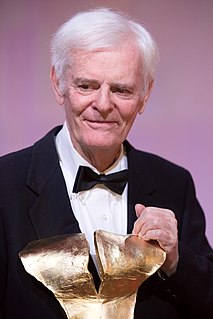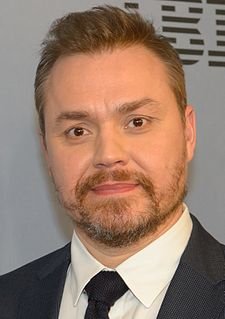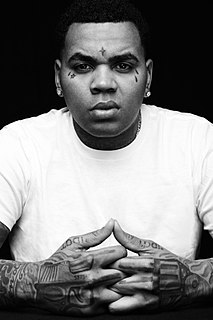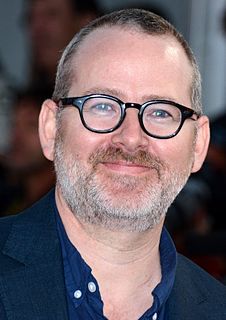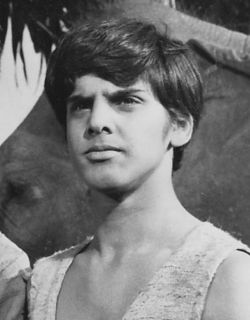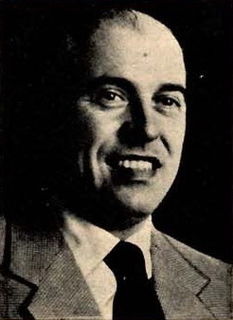A Quote by Kevin Macdonald
For me, the aim of making any film like this, any film about an artist, would be to send you back to the art.
Related Quotes
I left film because I felt that photography was my art. It was something I could do on my own, whereas film was so collaborative. I thought as a photographer I could make something that was artistic and that was mine, and I liked that. And it wasn't until I got back into film and I have very small crews and I could do very tiny filmmaking that wasn't 100 people that I still felt that I was making something artistic as a filmmaker. So, you know, I'm an artist, and whether it's photography or film, I want my voice to be there and I think my voice is very strong in this film.
If you're making a film about a band or a songwriter or whomever, there's a publisher, there's a record label, and there are people who are vested interests in that film. But with back-up singers, because they did stuff for everybody, there's no one party that has any vested interest in seeing the story told.
During the entire process of making this film I never thought about whom I was making it for. I always thought that the film was for me, but I didn't think of any of that. I just did what I thought I had to do. I didn't think, "This is what children are going to think" or "This is what adults will understand."







